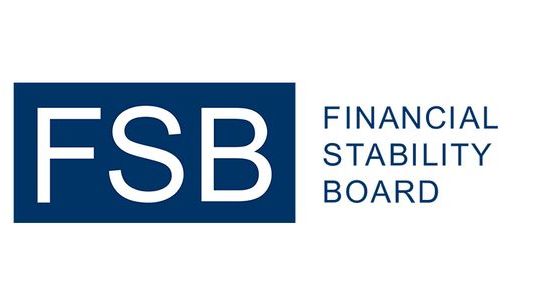Three trends in sustainable lending
By Harry Schmidt, Close Group Consulting
Published: 20 November 2023
Having worked with a multitude of private credit funds and LPs on environmental, social, and governance (ESG) strategy and due diligence in Europe, the UK and North America, we’ve seen the full spectrum of ESG integration. From managers asking us what ESG stands for, to strategies that are finding new and innovative ways to incorporate sustainability risks into covenants and credit scores. Lately we have seen LPs become increasingly demanding of their private credit GPs, as they understand that systemic risks like climate change and idiosyncratic ESG risks not only create financial and investment risks but can also create existential risk to their core businesses, such as ensuring secure retirements or comprehensive insurance offerings for beneficiaries. From discussions and our work with global credit funds and their LPs, we have identified the following trends to watch out for as the market evolves:
1. Increased scrutiny on ESG integration practices leads to “ESG due diligence 2.0”.
Leading private credit GPs include ESG as a core part of due diligence, both from a credit risk perspective and to ensure no unforeseen regulatory or reputational risks arise during the life of a loan.
Climate change impacts have historically not been a significant part of most private credit ESG due diligence programmes usually due to a lack of data from mid-market companies and a general view that these risks are longer term in nature. However, with record temperatures broken on a yearly basis, and conversations rapidly turning to adaptation from mitigation, a company’s ability to raise long term capital will now depend on adapting business models in the face of multiple climate-related risks. The impacts go beyond the transition and physical risks of climate change as well, to encompass resource scarcity, biodiversity, and societal impacts both directly and throughout companies’ value chains.
As investors assess their total portfolio risk 10+ years into the future, private credit managers can expect increased scrutiny from investors into how they are adapting their ESG due diligence programs to account for both the current and future risks of climate change as well as the follow-on ESG impacts from changes in business models. Climate change risks will become a core requirement in ESG due diligence of borrowers.
2. In a restrictive capital environment, ESG becomes a key requirement for sponsored loans.
In a tougher economic environment, private credit lenders want to ensure their borrowers will continue to be supported by their private equity owners. As PE firms feel the pressure from a more restrictive capital environment, they need to identify the portfolio companies that they will continue to support financially and strategically. In today’s volatile markets, coupled with complex geopolitical factors and an uncertain macroeconomic environment, capital will seek, now more than ever, those high quality, resilient companies that can maintain strong financials irrespective of the economic cycle. Private credit lenders understand that the sustainability profile of a company serves as a proxy for many resiliency factors and will ensure their sponsored loans are to those portfolio companies that have high sustainability and ESG profiles as they will have better chances of being supported by their private equity sponsors.
With a more restrictive environment for capital flows, private credit managers will double down on ESG assessments of borrowers to identify those that are successfully managing their ESG and sustainability risks, will continue to be supported by their private equity sponsors and will be the resilient companies of the future.
3. Private lenders operating as agents for change.
The increased interest in ESG across private markets is leading to closer collaboration between stakeholders, driven by the common objective to enhance ESG outcomes. The traditional view that it is not the place of lenders to provide support for corporate ESG strategies is changing. Private lenders are increasingly incorporating ESG into debt packages, either by requiring borrowers to fix ESG weaknesses as a precondition for lending or by introducing ESG margin ratchets into loans, i.e., rewarding firms hitting KPIs relating to ESG through debt margins. With the growing importance of ESG to the private debt investment case, actors are increasingly involving themselves in due diligence processes, with private lenders enjoying more access to management teams, company ESG research, and conversations around how to support and increase the company’s ESG maturity.
Leading debt providers are also ramping up their ESG due diligence on private equity sponsors. Aligning themselves with sponsors that share the same level of ambition and that will encourage companies to meet ESG objectives is a growing priority. This alignment not only maximizes the influence of investors over corporate ESG programmes but is also positive for borrowers as the support from multiple stakeholders allows them to make sustainability a core part of their strategic and capital allocation decisions.
As the drive to produce tangible ESG outcomes continues, communication between sponsors and lenders will be key to ensuring objectives are aligned and management hears “one voice” on ESG from their financiers. As the penny drops, expect the debt and equity relationship to draw closer still.









